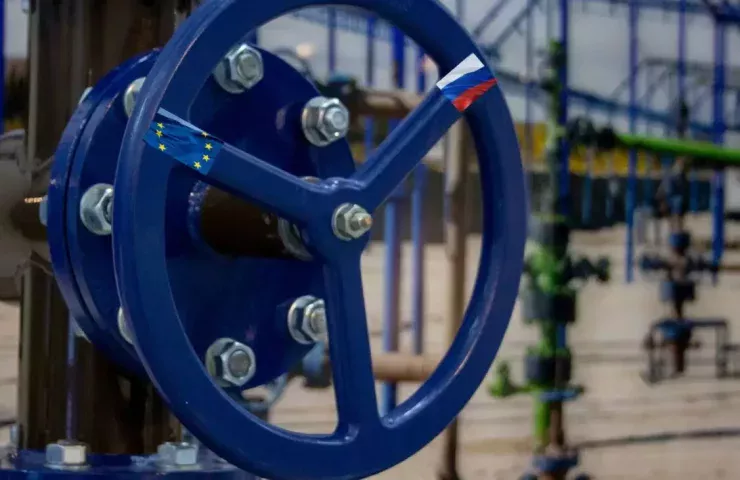Steel and gas prices make headlines in today's trade publications around the world. While Chinese steelmakers are looking to expand their exports to new regions and boost overseas sales, Russia is considering cutting off gas supplies to the EU. At the same time, gas prices have a direct and very significant impact on steel prices.
China's latest anti-coronavirus measures led to a 2.9% year-on-year drop in industrial production in April. At the same time, reports show retail sales are down 11.1%. Steel bids from Taiwan and South Korea were 860 euros ($910) per metric ton in Europe, also significantly lower than 1,080 euros ($1,140) in Europe from South and East Asia.
Due to rising prices, today the European market has become the most desirable source of demand around the world and especially for traders from Asia. However, due to record high inflation and the war in Ukraine threatening to drag on for several years, the market is considered high-risk.
According to one of the Asian traders, quoted by MetalMiner, the summer holidays in the Northern Hemisphere will also mean a decrease in construction activity and a decrease in demand. This will no doubt put further downward pressure on steel.
Russia: war, sanctions and rubles
Uncertainty about whether the European Commission can use sanctions to force Russia to cut gas supplies to the EU has caused volatility in prices for this hydrocarbon. Metallurgists continue to rely on natural gas as the currently uncontested fuel for iron production in blast furnaces, as well as for steel production in electric arc furnaces.




